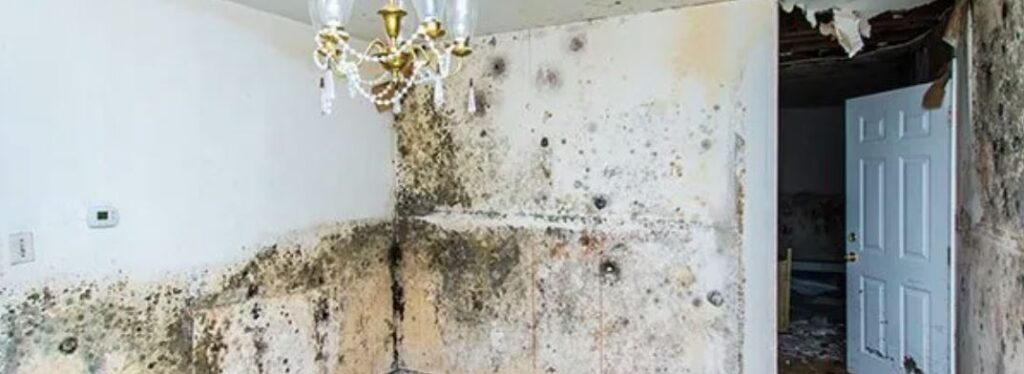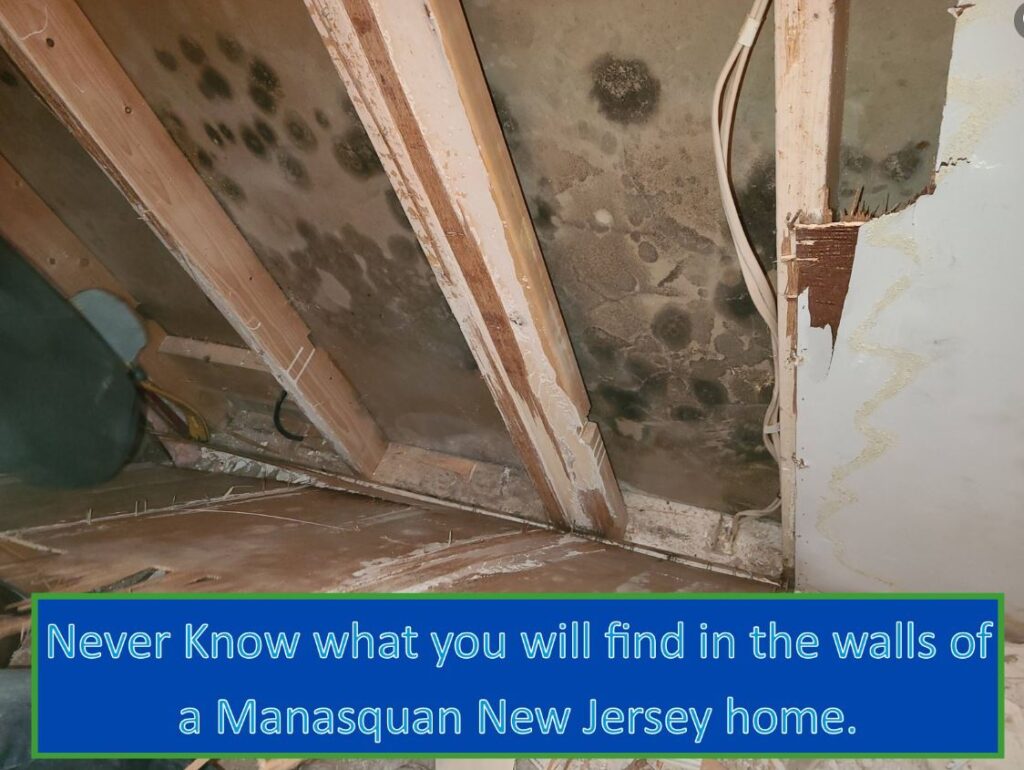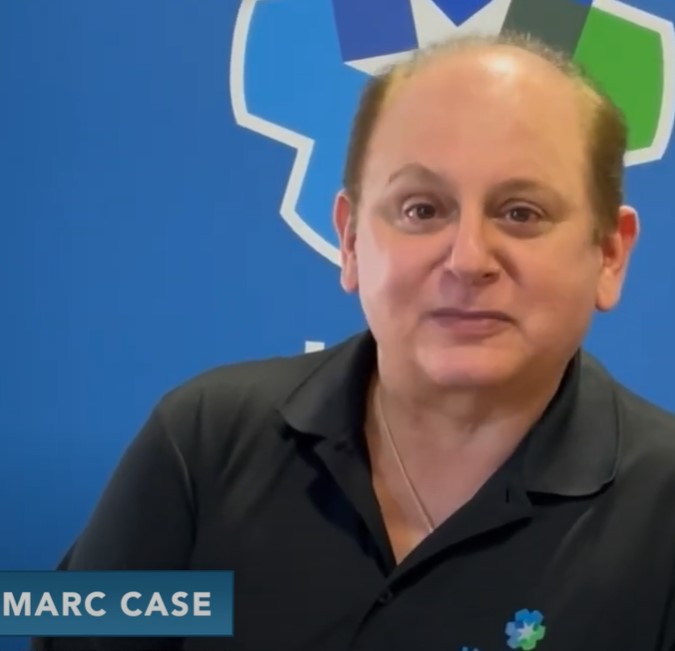
Mold contamination: How Mold Starts Growing within the wall cavities
Whenever unwanted water invades your home, you are at risk of visible water damage. However, another dangerous scenario might develop. Mold inside the walls. Understanding how mold starts growing can help prevent this.
Since all the mold growing in all the spaces inside your home is not immediately visible to the naked eye, it has time to spread in the confined space. Given time, spores can make their way into the HVAC system and spread to other areas of the home.
If you suspect that mold is growing in your walls, call Mastertech of Jersey Shore to come investigate, analysis and solve your potential problem.
Typical Causes Of How Mold Starts Growing On Your Walls
Fungal spores can withstand long periods of time (decades for some species) in stasis (frozen in time.) They are like a timebomb in the air waiting for the addition of water.
Excess water can inundate the walls via two sources: internal and external. Internally, pinprick holes in pipes allow a small but constant source of moisture. External water can come from an outside wall, a hole in the roof, or other damage to the sheetrock.
Mold within the wall cavity can sometimes grow due to water condensation when outdoor air comes in contact with the cooled interior surface. It is even worse on walls decorated with vinyl wallpaper. These impervious wall coverings trap moisture between the finish and the gypsum board. The moisture from the outdoor air naturally passes through the exterior building envelope and may condense on the cool wallpaper adhesive.

Another reason for mold in wall cavities is a service leak. Slow leaks are particularly damaging because they significantly increase the humidity in the wall cavity without causing immediately visible damage on the outside. Visible mold on the painted surface will only show up after excessive growth inside the closed space. Don’t attempt on your own to open the wall; get the Mastertech team in to investigate with proper gear and protocols.
Insulation Effects On How Mold Starts Growth
Insulation material commonly used in wall cavities can increase interior wall surface temperatures which reduces the likelihood of interior surface mold, mildew and condensation. The side effect of the use of thermal insulation is that it also reduces the heat loss from indoor areas into the wall cavities. This leads to a decrease of the temperature in the wall cavities which increases the likelihood of concealed condensation.
Initially, the condensation starts on the “back side” of plywood or fiber board paneling. As the insulation value is increased in the wall cavities, so does the potential for hidden condensation.
An Organized Search
A mold inspection of the wall cavities for the presence of mold must be completed carefully. It is suggested that a small section of the wall be opened. Then the mold can be observed and easily sealed up.
At Mastertech, professionals evaluate the presence of mold in wall cavities by taking a sample of air from within the wall cavity. The samples can be either evaluated with mold testing for the presence of fungal spores or for the presence of volatile chemicals produced by the molds. Borescope inspections of wall cavities through a small hole are also very common.
Mold Removal
Once the mold contamination has been confirmed, several approaches for mold cleanup are available. The preferred option is always to remove the water damaged paneling, expose the mold and thorough clean the wall cavity area.
Mold remediation should always be carried out under control conditions with HEPA filtration. Controlled conditions require construction of an air tight enclosure. During removal,
- 1) the wall cavity is sterilized,
- 2) mycotoxins are neutralized, and
- 3) the cavity is dried.
Mold and moisture issues will only worsen and spread if left untreated. Each inspection is followed up with a complete inspection report, detailing the extent of the contamination, as well as a thorough plan for remediation.
When You Need Mold Removal Services In Toms River
Mold, like other biological contaminants, requires specialized removal techniques performed by experienced, certified mold removal experts. Improper mold remediation services can lead to cross-contamination, causing further damage to your property and posing potential health implications.
In the Central Jersey and Jersey Shore areas, Mastertech provides mold remediation, mold inspection, testing and biohazard cleanup services. The team of specialists are certified experts with state of the art equipment, cleaning agents and procedures.

